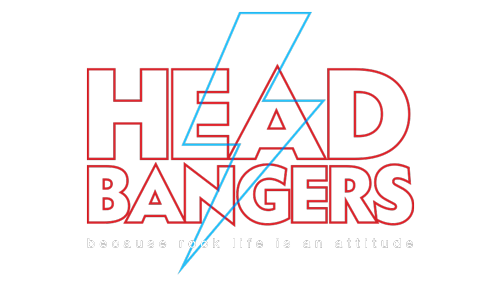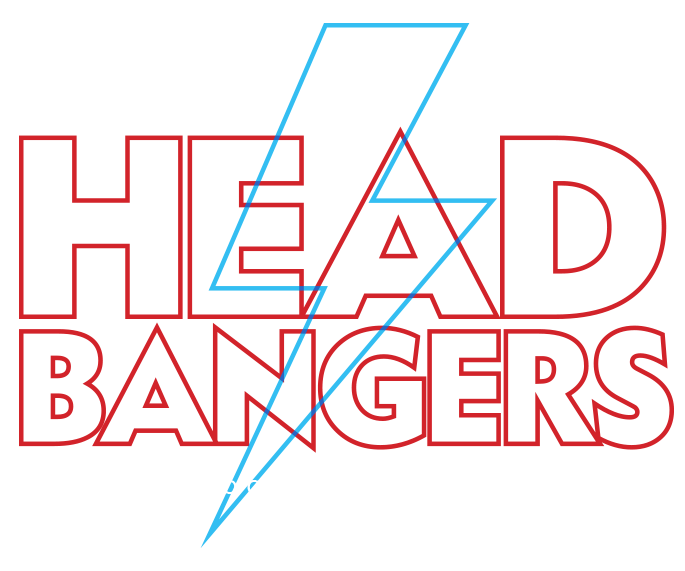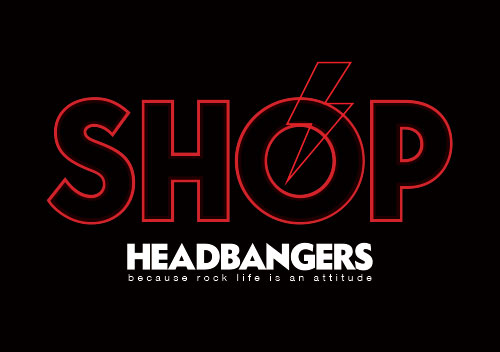Chaney Crabb: Vocals
Navene Koperweis: Drums / Guitar
Pushing progressive death metal in ever more imaginative directions, Entheos continue to stand apart from the pack. Incorporating elements drawn from myriad genres – including death metal, groove, grunge, electronica, slam, gothic rock, jazz, prog and more – they have evolved with every release, and now they return with the follow up to 2017′s landmark Dark Future, the diverse and exhilarating Time Will Take Us All. “We knew when we started writing that we really wanted to make something darker and heavier that was still uniquely Entheos, and we knew that we wanted to make a record that really came from our hearts and captured where we want to take this band,” explains vocalist Chaney Crabb. “The new album also has a strong ‘trippy’ vibe, not in a generic sense but meaning when you are done listening to it you feel like you’ve gone on a journey,” adds multi-instrumentalist Navene Koperweis. “I’ve always loved albums that gave me that feeling. I can’t say we set out to have the experience, it just sort of happened and that’s something I’m proud of.”
Having stripped down to a two-piece in 2020, this has helped to streamline the band and allow the core members to make the music they want to with no compromise, which is clearly to their betterment. Koperweis – who takes the role of drummer in the band’s live lineup – has long written most of the guitar parts, so it was not a radically different writing process, but allowed him the freedom of complete control. “I tell people this album is more of everything that we do, except this time it’s deeper in all directions,” says Koperweis. “We’re no longer dipping our toe in the pool on certain aspects, when we decide to go somewhere, we fucking go there.” Relying less on synths and electronic production than on previous releases, a lot of the more atmospheric elements are contributed by guitar, and there is even an acoustic guitar for the first time on an Entheos record. Crabb has also pushed herself harder than ever before, interested in consistently practicing to find new pitches and timbres in her voice, and she has most certainly extended the range of her screaming. Using pitched screaming to add melodic lines in many places, this is also the first Entheos record on which she has sung. “Singing has always been something that I’ve intended on adding to our band, I was just never willing to force it into parts that I didn’t feel like it fit into. On this album I really felt as though a lot of the material was musically calling for a more melodic vocal, so that’s where I took it. I’m really excited and proud to begin to venture into that territory and apply all areas of my voice to the music that we make.” The result of their efforts is an album that is affectively a single – though widely varying – piece of music. “It contains callbacks to itself throughout the album and references to past albums as well, both lyrically and musically. We wrote the album as a journey, and it’s intended to be listened to all at once.”
When it came to penning the lyrics, Crabb knew that she was going to write about her own “experience as a human” and approach the album based on the lingering awareness many people have, that there is so much world out there and there are so many different experiences to have – but there is so little time. However, this idea really hit home in August 2021 when she got into an accident on her electric scooter on the day she started tracking vocals. “I do not remember how I fell, but when I woke up I was really badly hurt. Gravel was embedded in my lower lip and had severed the inside of my chin from my face, my upper lip was completely split open to the point that my teeth were visible, my nasal septum bone was split in two and my nose was completely bent to one side – I ended up with 100 stitches in my face and was unable to do vocals for three months. I lost all abilities to move my nose and lips for those months, and to this day I still haven’t regained complete control.” Because of this accident she found herself in a strange place mentally, juggling between feeling truly happy and grateful for every second that she was alive and got to spend with the people who she loved, but also feeling completely depressed, because of all of the uncertainty surrounding her injuries. “It was hard to open my mouth, eating and talking were chores – let alone trying to sing or scream. I had no idea if I would be able to continue on as a vocalist or if my face would ever feel or look the same as before the accident. I returned to writing the album’s lyrics a few weeks after the accident with a refreshed point of view on what I’d begun writing. The album took form as a journey from the depths of depression into gratitude, but ultimately as an examination of our time and how precious it is. The time that we spend working toward goals when we don’t know the true outcome of them or if they’ll be important to us in the future. The time that we spend battling inner demons and being consumed by negative thoughts or depression and by our own vices. The time that we spend with the people that we love. The time that we spend focused on things that absolutely do not matter. The time that slips away as we feel life passing us by – and the time that we have left in this life. Time Will Take Us All is our human commonality, and it felt like the perfect name for this musical journey.” This resulted in songs such as “Absolute Zero”, which is about the battle between mental darkness and lightness, when darkness begins to take over; “In Purgatory”, which references the state of temporary misery that getting in the accident put her in and more broadly the unknowing of whether an individual will come out of a situation for the better or for the worse, and “Oblivion”, which discusses the state of being stuck in the day-to-day of life and the lack of awareness that comes along with it.
With Koperweis handling production duties and Mark Lewis (Whitechapel, The Black Dahlia Murder) mixing the record, all of the drums were tracked by Zack Ohren at Castle Ultimate, and Koperweis tracked guitars and vocals. They also recruited former member Evan Brewer to supply the bass. “Evan’s bass playing is a big part of what makes Entheos sound like Entheos, and it was important to us to have him on the record. He added bass lines after everything had been tracked and brought a lot of character and texture to what was already there,” Koperweis says. Though committed to their status as a two-piece, the band does have a live lineup with Brian James (ex-Fallujah) and Robert Brown (ex-Slaughter to Prevail) providing guitar, maintaining their reputation for being a killer live band. Having delivered the best record of their career they are also in a very good place mentally, but they do not get ahead of themselves. “I like to take it one day at a time,” says Crabb. “Music is a great passion of ours and we will continue writing, recording and playing live for as long as we have the ability to do so. All of the other things that come along with that will be experienced as they come.”








